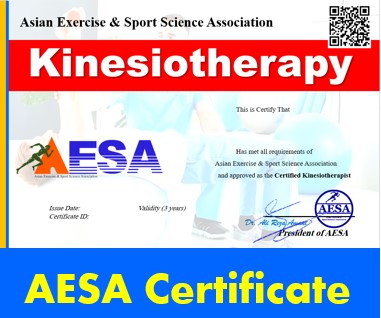Association Between Oral Exercise, Chewing Dysfunction, and Spatial Memory Impairment
Oral Presentation
Keywords:
Oral exercise, Chewing ability, Hippocampus, SAMP8, Morris water maze testAbstract
Background and Motivation: In worldwide, approximately 35.6 million people with dementia and the victims are expected to increase to over 115 million by 2050. Alzheimer's disease (AD) is the most common neurodegenerative disorder that produces dementia. Teeth health affects mastication, overall nutrition and general health, including cognitive function. Tooth loss is associated with an increased risk for obesity, diabetes, cardiovascular diseases, certain types of cancer, and AD in adults. Growing researches focus on the relationship between dental health and cognitive function. However, the molecular pathogenesis association between tooth loss and AD is still unclear. One hypothesis indicates that chewing muscle training can improve chewing ability, which can maintain the cognitive function of spatial memory. Molars are strongly associated with chewing ability. Previous studies found that dysfunctional mastication causes deficits in spatial memory, with various pathological changes, such as degeneration of hippocampal CA1 pyramidal cells and reduction in the number of hippocampal CA1 dendritic spines in the aged mice. This systematic review aimed to identify, appraise and synthesise studies of molarless-induced pathological changes of hippocampal pyramidal cell dendritic spines, furthermore, we focus on a special animal model of SAMP8 (Senescence accelerated mice P8).
Methods: Database searching include: Ovid-Medline, CINAHL, ProQuest, Pubmed, Airiti Library, and CNKI search engine. In our study, we just focus on a special animal model of SAMP8 (Senescence accelerated mice P8). SAMP8 mice were used in this study. The Morris water maze test was performed as described previously after exposure to the enriched environment for 3 weeks. We examined the effect of the molarless condition on the dendritic spines of hippocampal pyramidal cells in SAMP8 mice in comparison to its effect on learning ability in a maze test.
Results: Molarless-induced pathological changes of hippocampal pyramidal cell dendritic spines may advance the age-related decline in learning and memory—the involvement of the molarless condition in attenuation of input activities in the hippocampal synapses.
Conclusion: Using oral exercise to enhance related muscle function and coordination ability can train chewing ability and prevent oral weakness, and reduce the probability of dementia.
KEY WORDS: , , , ,
Downloads







